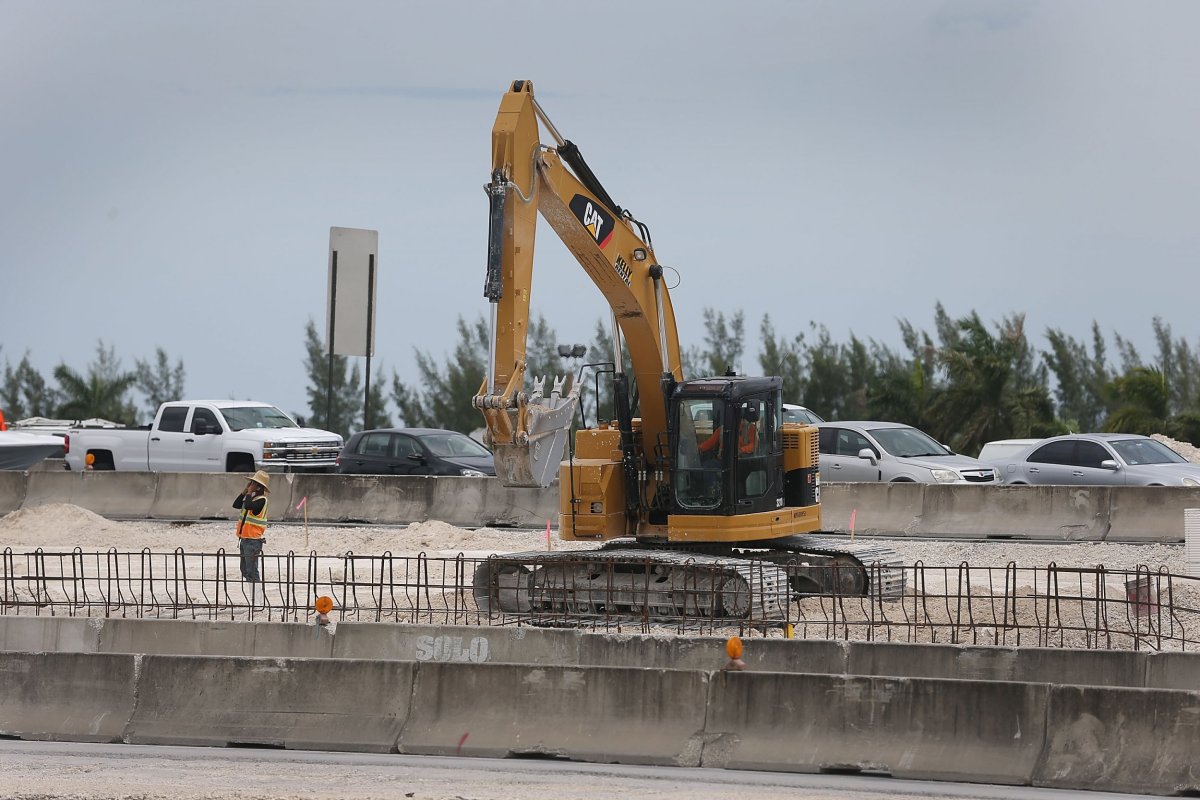This article was first published on the Cato Institute site.
A six-page summary of the Trump infrastructure plan seems to have leaked out.
To me, it looks like a plan that President Obama would propose with more federal spending and top-down rules. Bob Poole at Reason sees it differently.
The Trump administration is expected to request $200 billion over 10 years for its infrastructure plan. The document leaked on Tuesday suggests where those subsidies would go:
- "Infrastructure Incentives Initiative" would be 50 percent of the spending. The states would compete for this aid, which would be for a wide range of projects including highways, airports, and water facilities. The federal money would cover 20 percent of project costs.
- "Rural Infrastructure Program" would be 25 percent of the spending. This aid would be handed out to the states by formula, and used for projects in defined rural areas.
- "Transformative Projects Program" would be 10 percent of the spending. The Department of Commerce would hand out this aid to the states for projects that are risky and "ground-breaking." The rules are complex.
- The remaining 15 percent of spending would go to various loan programs and financing funds.
The proposals generally move in the wrong direction. New federal subsidies are not needed.
Any state wanting to improve its infrastructure can do so with its own funding. States have huge revenue-raising power through income, sales, property, and gas taxes. They can issue debt for infrastructure, and charge user fees. They can also privatize infrastructure—such as airports and seaports—and end subsidies.

Federal infrastructure subsidies are often counterproductive. As I discuss here, they distort state decision making, replicate mistakes across the country, come with costly regulations, and add bureaucracy.
The Trump six-pager hints at the new bureaucracy. For the "incentive" grants, states would have to achieve "milestones" and deliver "evidence" on project efficiency, the use of technology, the economic and social returns, and other data.
The "transformative" grants would create bureaucratic structures such as "partnership agreements" and an "interagency selection committee." To get the rural subsidies, states would need to "publish a comprehensive rural infrastructure investment plan (RIIP)."
Do we really need more subsidies for rural America? On top of all the farm subsidies and rural subsidies the government already hands out?
There are measures in the Trump plan that would facilitate use of public-private partnerships. But to me the six-page memo mainly indicates an old-fashioned, top-down, subsidy approach. Globally, infrastructure is going private, but America remains stuck in the past.
Policymakers are rightly concerned that America have better infrastructure to compete in the global economy. But we are not going to get it with a system based on subsidies and government ownership.
Federal policymakers should cut subsidies, privatize the infrastructure it owns, and eliminate barriers to state and local privatization.
Chris Edwards is the director of tax policy studies at Cato and editor of www.DownsizingGovernment.org .
Uncommon Knowledge
Newsweek is committed to challenging conventional wisdom and finding connections in the search for common ground.
Newsweek is committed to challenging conventional wisdom and finding connections in the search for common ground.
About the writer
To read how Newsweek uses AI as a newsroom tool, Click here.








